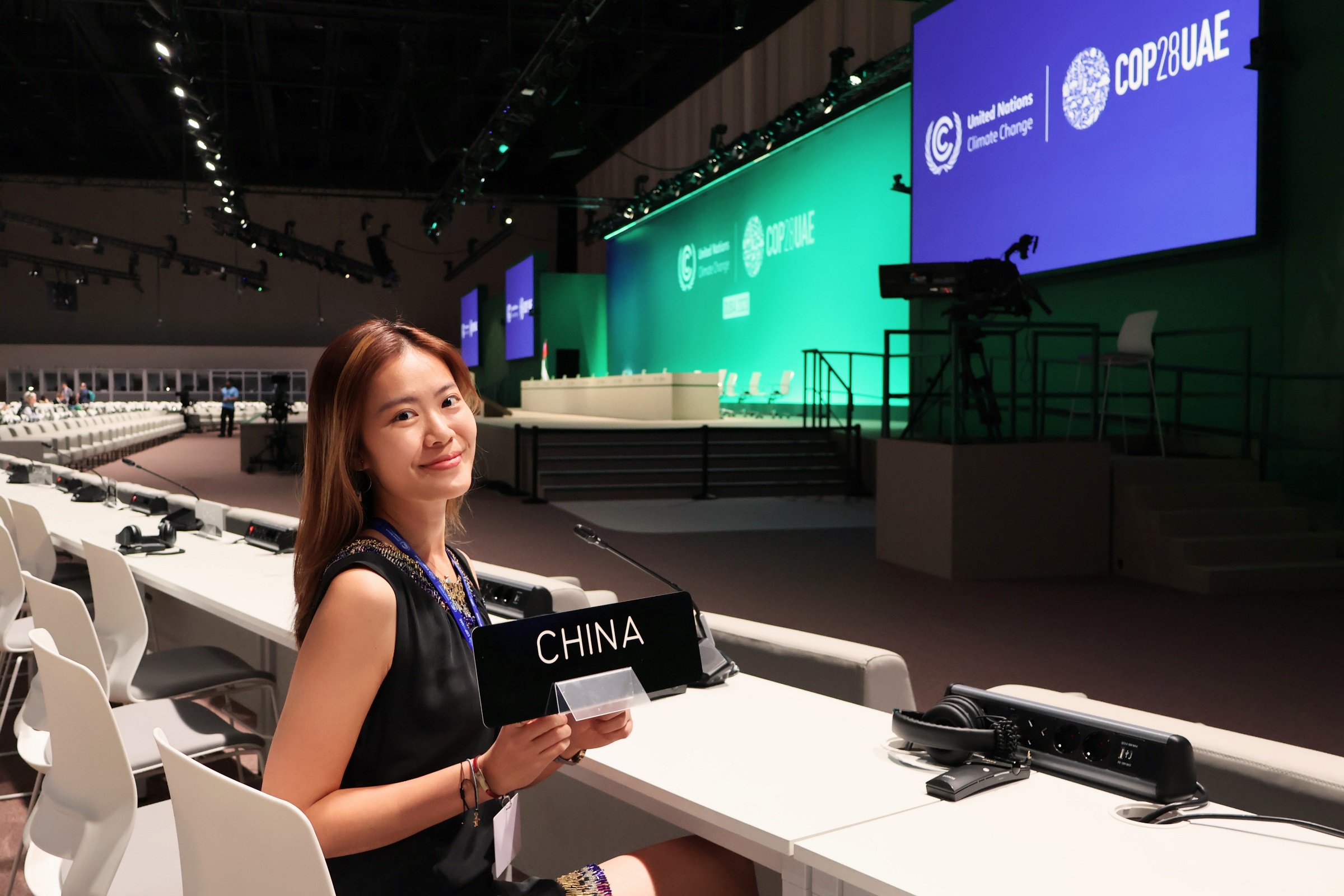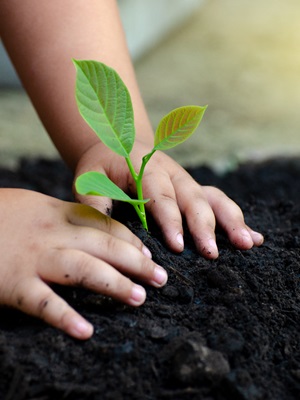The 28th UN Framework Convention on Climate Change Conference (COP28) concluded in Dubai, UAE, on December 13, 2023. The conference ended one day later than scheduled due to disagreements among Parties regarding the level of ambition. With extreme events raging and 2023 being the hottest year on record, the science leaves no room for doubt. The IPCC Sixth Assessment Report (AR6) warns that delaying action on climate change jeopardizes our chance for a livable future. Around 3.3 to 3.6 billion people in vulnerable regions face food insecurity and water scarcity due to climate change and extreme weather events. COP28 has emerged as a crucial platform for highlighting the intricate interconnections between climate change and various critical issues, including but not limited to community livelihoods, public health, food security, equality, and justice.
In the final COP28 outcome, two major focal points are the Global Stocktake and Loss & Damage. It is the first Global Stocktake since the Paris Agreement, where countries had to report their scorecards for climate action with transparency and accountability. Some, including the COP28 Presidency, consider the final outcome of COP28 a success due to its unprecedented call for a "transition away from fossil fuels." However, the absence of the term "phase out" has disappointed numerous scientists and civil society observers. Despite efforts from the most vulnerable countries to include it, the final text contains weaker language that introduces loopholes open for misinterpretation, such as phasing out "inefficient" fossil fuel subsidies and phasing down "unabated" coal power. These provisions may create room for a step back from the commitments made at COP28, ultimately impacting the most vulnerable communities who bear the brunt of climate disasters.
While progress has been made in operationalizing the Loss and Damage Fund during the initial stages of COP28, the pledged funding from wealthy nations remains at a mere US$700 million. The United States is facing criticism and has been awarded the "Colossal Fossil of the Year Award" by the NGO Climate Action Network. This is partly due to their contribution of only US$17.5 million to the Fund, despite their significant historical and current greenhouse gas emissions. The Loss and Damage Fund only accounts for around 0.2% of the economic and non-economic losses suffered by developing countries under climate disasters annually. Having the funding mechanism in place is only the first step. What we need to do as the private sector, civil society, and academia is to continue watching the space, tracking the fund, and channeling more climate adaptation finance for those at risk.
On health, the first-ever Health Day was launched on the fourth day of COP28, with a Climate-Health Ministerial attended by WHO Director-General Dr. Tedros. The sessions shed light on the urgency to implement actions that accelerate decarbonization and safeguard public health. One prominent slogan at COP is "Fossil Free for Health." There are more people dying from air pollution than from the pandemic. Moving away from fossil fuels is an act to safeguard public health. The "Declaration on Climate and Health" was unveiled at COP28, aiming to accelerate the development of climate-resilient health systems. The discussions also led to a pledge of US$777 million in the morning "Reaching the Last Mile Forum" to confront neglected tropical diseases.
Another landmark declaration was the COP28 UAE Declaration on Sustainable Agriculture, Resilient Food Systems, and Climate Action, the first COP document illustrating the inextricable linkage between climate change and the food systems. The declaration aims to enhance the scale of adaptation measures, promote food security and nutrition, and maximize the climate and environmental advantages associated with agriculture. The signatories are committed to strengthening their efforts in integrating agriculture and food systems into their national climate plans.
On representation, COP28 strives to be the "most inclusive COP" by actively promoting the participation and engagement of diverse stakeholders, attended by over 80,000. Throughout the conference, efforts have been made by the presidency to ensure that the voices of young people and indigenous communities are heard and valued.

Youth engagement has been a key focus at COP28, with dedicated dialogues and panels aimed at involving young people from around the world. COP28 President Dr. Sultan Al Jaber was seen greeting 7-year-old climate advocate Kiara Kaur after her speech at the conference. By incorporating the voices of young people in these discussions, COP28 aims to inspire and mobilize the next generation to become educated and take meaningful action on climate change. In the UAE, where demonstrations are typically not permitted, limited demonstrations took place within the blue zone with prior approval from the UNFCCC. Youth voices calling for an equitable phase-out of fossil fuels were expressed outside the negotiation rooms before crucial plenary sessions.
Moreover, COP28 has placed a strong emphasis on including indigenous voices, acknowledging them as knowledge holders given they safeguard 80% of the world's cultural and biological diversity and inhabit 20% of the global land surface. Indigenous Peoples' longstanding wisdom and practices contribute to sustainable landmanagement, conservation, and climate resilience. The conference has provided platforms for indigenous representatives to engage in dialogues, share traditional knowledge, and raise awareness about the impacts of climate change on their communities.
Labeling COP28 as exclusively successful or unsuccessful would be simplistic. Every COP represents an incremental step forward. Despite certain sections of the text being considered vague, the inclusion of phrases such as "transition away from fossil fuels" and the commitment of countries to sign various declarations and provide funding are still positive advancements. Tackling the global climate crisis necessitates the involvement of diverse disciplines and inclusive decision-making processes. Together, we all contribute to fostering a sense of ownership, empowerment, and shared responsibility for climate action across different generations and cultures.
Posted 21/02/2024

















